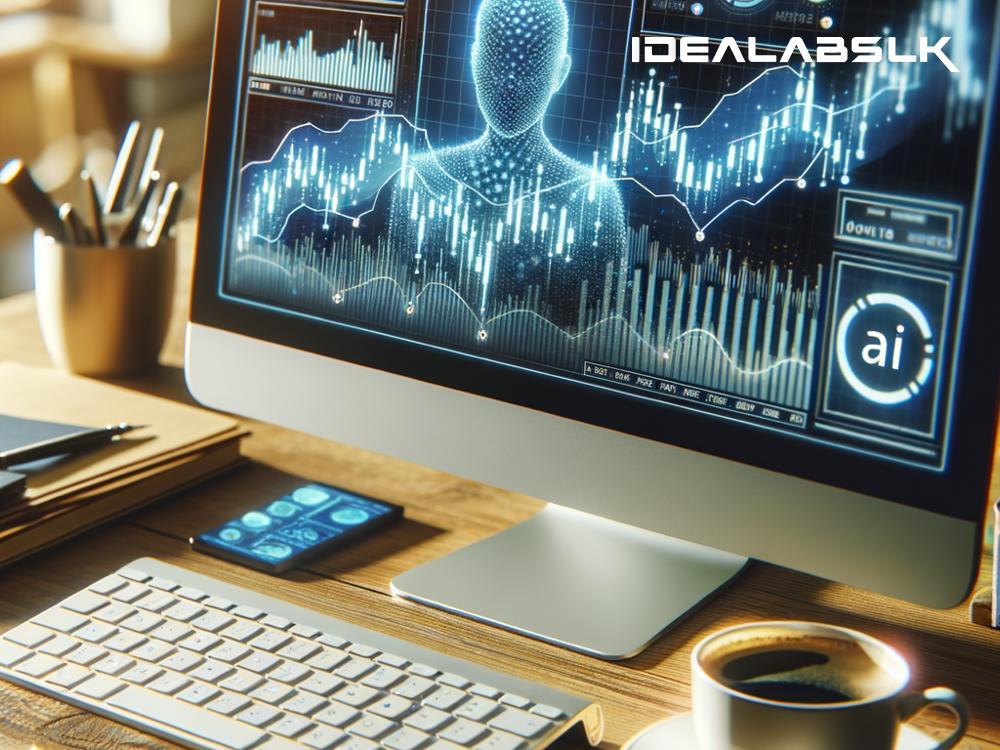AI in Trading: Harnessing Neural Networks for Stock Market Insights
Welcome to the fascinating world of AI-powered trading! In recent years, Artificial Intelligence (AI) has become a game-changer in various sectors, and the stock market is no exception. Among the many AI tools, neural networks stand out for their ability to predict stock market movements, offering traders an edge in making more informed decisions. But what is this all about, and how does it work in simple terms? Let's dive in.
The Magic behind Neural Networks
Imagine if you could ask a crystal ball about the future of stock prices. While we don't have magical orbs, we do have something equally intriguing—neural networks. At its core, a neural network is a computer system inspired by the human brain. It learns from vast amounts of data, identifying patterns too complex for a human to spot.
Think of neural networks as incredibly attentive students of the stock market. They observe every tiny detail, from historical price fluctuations to the volume of shares traded. Over time, they learn to recognize which patterns often precede a rise or fall in stock prices.
Training the Brain of AI
For neural networks to provide accurate predictions, they undergo a rigorous training process. This involves feeding them historical data of stock prices, along with other relevant information such as economic indicators and company news. During this training phase, neural networks learn to correlate these factors with how stock prices moved in the past.
The beauty of neural networks lies in their ability to learn from their mistakes. If a neural network predicts a stock price increase and the price falls instead, it tweaks its internal parameters. Over time, this continuous learning process makes it adept at predicting future movements with remarkable precision.
Neural Networks in Action
Once trained, neural networks can analyze current market conditions and predict future stock price movements. Traders and investors can use these predictions to make informed decisions, such as buying stocks expected to rise in value or selling those expected to drop.
It's important to note that while neural networks can significantly enhance trading strategies, they don't guarantee success. The stock market is influenced by countless variables, many of which are unpredictable. However, by providing a more data-driven analysis, neural networks help traders navigate the stock market with greater confidence.
Advantages of Using Neural Networks in Trading
The benefits of integrating neural networks into trading strategies are manifold:
- Improved Prediction Accuracy: Neural networks can recognize complex patterns in stock market data, leading to more accurate predictions than traditional analysis methods.
- Real-time Insights: With the ability to process vast amounts of data quickly, neural networks offer real-time insights, allowing traders to make timely decisions.
- Risk Management: By forecasting potential market movements, neural networks help traders assess risk more effectively, aiding in the formulation of strategies to minimize losses.
- Uncovering Hidden Opportunities: Neural networks can identify subtle correlations that may not be apparent to human analysts, uncovering hidden trading opportunities.
Challenges and Considerations
While the potential of neural networks in trading is immense, there are challenges to consider:
- Data Quality and Availability: The accuracy of predictions heavily depends on the quality and quantity of the data used for training.
- Overfitting: There's a risk of neural networks becoming too tailored to historical data, making them less effective at predicting future movements under changed conditions.
- Market Volatility: Sudden market shifts, influenced by unforeseen events, can still stump even the most advanced neural networks.
The Future of Trading with AI
As technology advances, the role of AI and neural networks in trading is set to become even more significant. Innovations in data processing and machine learning will likely enhance the accuracy and speed of stock market predictions. Moreover, as more traders adopt AI tools, we may see a shift toward a trading landscape where data-driven decisions become the norm.
Conclusion
Neural networks are revolutionizing the way we approach trading, offering a remarkable blend of precision and insight. While they aren't a magic solution for market success, their ability to learn and adapt makes them invaluable tools for anyone looking to navigate the complexities of the stock market. As we continue to harness the power of AI, the potential for more accurate, efficient, and informed trading strategies is boundless. Remember, the future of trading isn't just about numbers; it's about the intelligence we derive from them.

